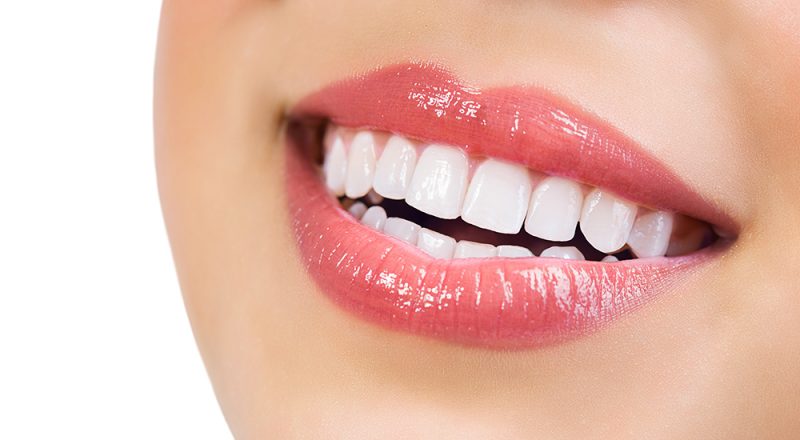Teeth Cleanings Are About More Than Clean Teeth!
December 5, 2025
When most of a us think of a teeth cleaning appointment, we think of polishing & maybe a little scraping. But the truth is that teeth cleaning appointments are about so much more than clean, shiny teeth!
Why Teeth Cleanings Are Important
November 28, 2025
Over time, plaque (a thick, bacteria-filled film) and tartar (a hard calcium-based build-up) can build up on your teeth & eventually lead to tooth decay. While regular brushing & flossing at home can help prevent this buildup, it can't necessarily remove it. That's why going to your dentist for a professional cleaning is so important.
Today’s Many Options for Braces
November 21, 2025
When you think of braces, you may think of months to years of a mouth full of metal, but just like all other technologies, the technology of straightening teeth has advanced in recent years. There are lots of options for braces these days, some of which you might not even call braces.
Great Reasons to Get Braces
November 14, 2025
Many people think of braces as a right of passage that we subject pre-teens & teens to in the midst of their most awkward years just to ensure they have a nice straight smile by the time they reach adulthood. But the truth is that braces can benefit people of all ages & not all of the reasons to get braces are aesthetic.
A Little-Known Dental Insurance Trick Can Save You Money
November 7, 2025
When it comes to dental insurance, or insurance in general, many of us are quickly baffled. There are so many different types of plans & unfamiliar vocabulary that it often feels like trying to learn a new language. However, there is one important concept about your dental insurance that you should absolutely know, & it can save you money!
Your Child’s School May Require a Dental Exam
October 31, 2025
Many primary & secondary schools across the United States (& in some other countries) require students to have a dental exam from a pediatric dentist or family dentist before they finish certain grade levels.
Why Summer Is a Great Time to Start Braces
October 24, 2025
Why not start getting your kids' smiles in shape this summer? Kids, & often moms & dads, have a little more free time during the summer, so it's a great time to get a jumpstart on necessary orthodontic treatment.
What’s the Difference Between DDS & DMD?
October 17, 2025
As dentists we know we sometimes speak a slightly different, more clinical, language than our patients. We try not to be mysterious, but sometimes what’s common knowledge to us could be confusing to our patients. One common thing that patients want to know is the meaning of the different letters you see after our names: either DDS or DMD. So what’s the difference? Is one better than the other?
Why Dental Care Is Important
October 10, 2025
Any dentist will tell you that dental care is important, but what we might not explain is exactly WHY dental care is important. Though you see a different doctor for your physical health than you do for your oral health, much of what your dentist does is connected to your overall health.
What You Need to Know About Professional Teeth Whitening
October 3, 2025
The color of their teeth is one of the top things people say they would like to change about their smile. Thankfully, teeth whitening is fairly simple treatment, but there are so many options for teeth whitening you may find yourself with a few questions. We think the most common and the most important question we hear is this: Why should I have my dentist whiten my teeth instead of using those drugstore whitening kits?










